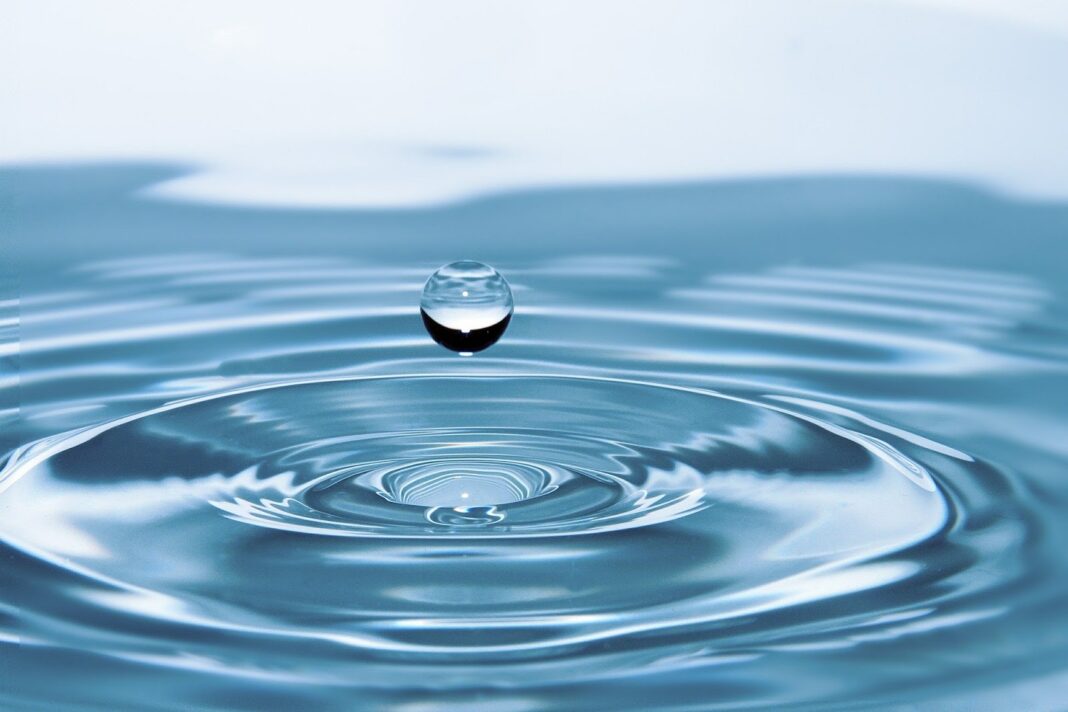UNITED STATES—If you reside in a locality where you get hard water for daily needs, you undoubtedly need a good water softener. Hard water can be damaging for your plumbing equipment and also for your home utensils. Moreover, some studies indicate that exposure to hard water may increase the chances of eczema. In order to keep you safe from the ill effects of hard water, water softeners are used.
The decision to buy a salt-free or salt-based water softener depends on your actual requirement. We have already covered the ill effects of hard water consumption in households. Not every one of us would face the same issues from using hard water.
If your concern is simply the damage to your appliances, then a salt-free water softener would do the job for you. However, if you face issues like skin or hair ailment or if your tap water leaves watermarks on the utensils, you must consider buying a salt-based water softener.
Many of us are still unaware of the difference between a salt-free and a salt-based water softener. Before you get lured into buying a salt-free water softener for your home, make sure to read this quick write-up for a detailed understanding of how each of these type function.
The Functioning of Salt-Based Water Softener
A salt-based water softener works by removing the hardness of the water by eliminating certain minerals. This type of softener ensures that the mineral causing hardness in water reaches a lesser concentration, making it soft-water. It works by removing the minerals causing hardness by replacing them with sodium or potassium ions.
The advantage of using a salt-based water softener is that it gives you water that enhances the life of your plumbing and other appliances. The output water leaves no marks on the utensils and is beneficial for your hair and skin.
The Functioning of Salt-Free Water Softener
The purpose of a salt-free water softener is to reduce the scale buildup that will, in turn, help you keep your plumbing and home appliances safe from hard-water damage. It is important to note that these salt-free water softeners do not convert hard water to soft water. In fact, if you test the water after passing through a salt-free water softener, you will find that there is hardly any impact on the hardness of the water.
Such water softeners work using various techniques; however, the most popular method is nucleation-assisted crystallization. In this method, the softener work by making the hardness minerals from microcrystals that do not choke the pipes or cause damage to appliances. https://waterfilterguru.com/best-salt-free-water-softener/has a list of the best hand-picked salt-free water softeners.
Concluding Thoughts
Salt-free water softeners and salt-less water softeners each have their purpose of serving. You need to check your actual requirement and the purpose of buying a water softener and then decide to select from these two options.
This quick guide was aimed at providing information to help you choose between salt-free and salt-less water softeners. We have explained the purpose and functioning of each type of water-softener to help you choose easily. Hopefully, you enjoyed reading the article and find it useful in making the right choice.






